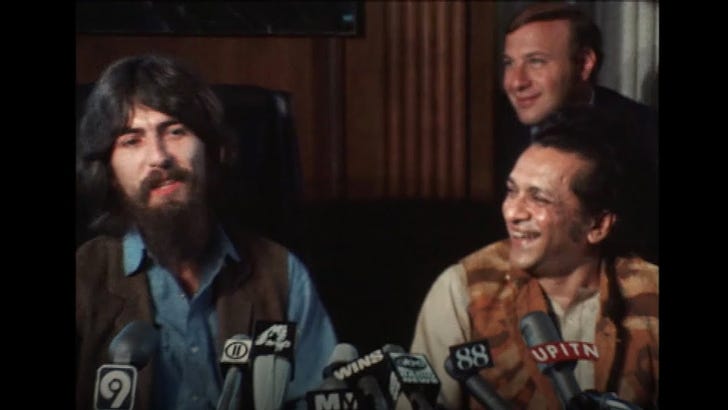In Shame, the 1983 novel on not-quite-Pakistan, Salman Rushdie calls the country Peccavistan. Peccavi in Latin means I have sinned. That was the message Sind’s English conqueror sent back to the John Company after he took the country by ‘deception and rascality’. Pakistan used to be, still is, governed by deception and rascality, hence the name Peccavistan.
When the results of the country’s first general election became known 53 years ago, a western journalist quipped that Pakistan would soon be replaced by Mujibdesh and Bhuttostan. As things stand, we should rename our country East Peccavistan.
At the beginning of the 1970s, with the left fractious and the right discredited for its role in the country’s freedom struggle, Awami League was the only major organised political force in Bangladesh, with Sheikh Mujibur Rahman’s mandate to govern the country accepted almost universally. Yet, by the middle of that decade, Bangladesh was formally under a one-party totalitarian regime with Mujib yielding all power, while a famine had killed 30,000 people even by official count.
Nearly five decades on, we seem to have come full circle, if not formally then in substance and perhaps more than full measure. Sheikh la file is not (yet) constitutionally prime minister for life, nor are opposition parties formally banned. But she is on course to have her third Potemkin election. In Mujib’s dictatorship, bureaucrats were expected to join the ruling party. In Hasina’s dictatorship, law enforcement personnels and judges alike act as party apparatchiks to keep 20,000 opposition party members in jail.
At least Mujib had the decency to recognise his regime for what it was. Hasina, on the other hand, runs the country through ‘deception and rascality’. Fifty-two years after Pakistani guns were lowered in Ramna, the fight to end East Peccavistani occupation of Bangladesh continues.
And the occupation will continue until we choose Bangladesh.
Dear reader, the choice is yours, East Peccavistan or Bangladesh?
First published in the Road to Democracy.
Also written
Ekattur-er Boiguli
Over a decade ago, upon hearing about an upcoming trip to Dhaka, a friend invited me to an event. “Great, that’s about the same time Meherjaan will be released, and you must come to the premiere.” “Meherjaan?”, I asked, not knowing anything about the big screen love story starring Jaya Bachchan and Victor Banerjee set in 1971. As it happened, family co…
Still the guitar gently weeps
It was the first Bangladeshi wedding of its kind in that city — two “young” people meeting, falling in love, and marrying, with no family in the continent, friends were all they had to share their joys with. The night before the wedding, there was a little get-together at the groom’s apartment. There was a lot of nostalgia, fuelled by intoxicants of man…
Further reading
Zafar Sobhan, 14 Nov 2023
Syed Ashfaqul Haque, 19 Jan 2010
An introduction to the works of Salman Rushdie
The Economist, 16 Aug 2022
সংবিধান শাসনতান্ত্রিক স্বৈরতন্ত্র প্রতিষ্ঠা করেছে
Interview of হাসনাত কাইয়ূম, 30 Oct 2022
স্বাধীনতা পুরস্কারের জন্য এই পরিবারের চেয়ে যোগ্য কেউ আছে?
মুহাম্মদ ফাওজুল কবির খান, 14 March 2023
How the ‘Othering’ of Bangladesh Has Been the Backbone of Hindutva’s West Bengal Campaign
Snigdhendu Bhattacharya, 8 April 2023
মুক্তিযুদ্ধে ডা. জাফরুল্লাহ চৌধুরীকে যেমন দেখেছিলাম
সিরাজ উদ্দিন সাথী, 13 April 2023
How India, the US, and China Can Impact Bangladesh’s Impending Election
Mubashar Hasan, 28 Jun 2023
The dismantling of democracy in India will affect the whole world
Arundhati Roy, 14 Sep 2023
মানবতাবিরোধী অপরাধ: জামায়াতের বিচারে আইনের সংশোধন এখনো হয়নি
মহিউদ্দিন ফারুক, 20 Nov 2023
The Political Meanings of Bangladeshi Celebrations After the World Cup Cricket Final
Imtiaz Mirza, 1 Dec 2023
Ali Riaz, 11 Dec 2023




